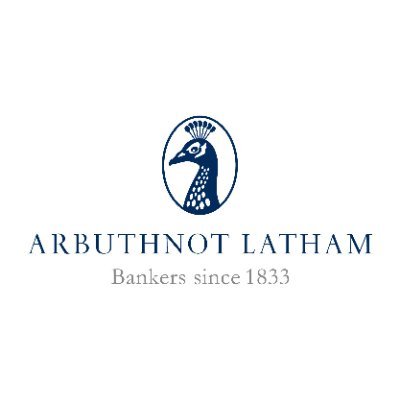The key highlight from 1H’21 is that Arbuthnot Banking Group plc (LON:ARBB) is back on track. To quote from the Chairman’s statement: “The growth trajectory of the loans …. should see the Group end the year with customer assets at the levels we had forecasted for 2021 prior to the pandemic”. In contrast, today’s share price is 1,055p, against 1,350p in January 2020. The accounts were complicated by gains on acquisition, bonus accruals, a property writedown, Dubai closure costs and a mortgage portfolio gain on sale. Adjusting for these, underlying profit was £1.6m. Importantly, the franchise is back to growth: loans 12% (9% organic) and deposits 12%, and gross inflows were 17% of opening AUM.
- Strategic opportunity: Arbuthnot Banking Group has surplus capital (£53m) and liquidity (£526m). This is the key to its positive medium-term outlook, as it can take the opportunities brought about by market disruption for organic and inorganic growth. Such growth was delivered in 1H’21, and the pipeline is promising for 2H/FY’22.
- Results in more detail: Profit before tax was £3.0m (1H’20: £0.2m). Banking operating income rose £2m, to £38.5m, and Asset Alliance (AA) added £2.8m. Costs rose £14m (including £6.5m of prior-year bonuses and £2.6m of property writedowns). Bad debts halved, to £865k. The core equity tier 1 ratio was 12.5%.
- Valuation: Our multiple approaches see a broad range of valuations: £10.27 Dividend Discount Model (DDM), £10.65 Sum of the Parts (SOTP) and £17.75 Gordon Growth Model (GGM). The average is £12.89. For a business with a long track record of adding value (see later), the share price, at 82% of NAV, appears anomalous.
- Risks: Going forward, the key risk is credit. Historically, ABG has been very conservative in lending criteria and security taken. Its financial strength means that ABG can take time to optimise recoveries. Other risks include reputation, regulation and compliance.
- Investment summary: Arbuthnot Banking Group offers strong-franchise and continuing-business (normalised) profit growth. Its balance sheet strength gives it a number of wide-ranging options to develop organic and inorganic opportunities. The latter are likely to increase in uncertain times. Management has been innovative, but also very conservative, in managing risk. Having a profitable, well-funded, well-capitalised and strongly growing bank priced below book value is an anomaly.







































